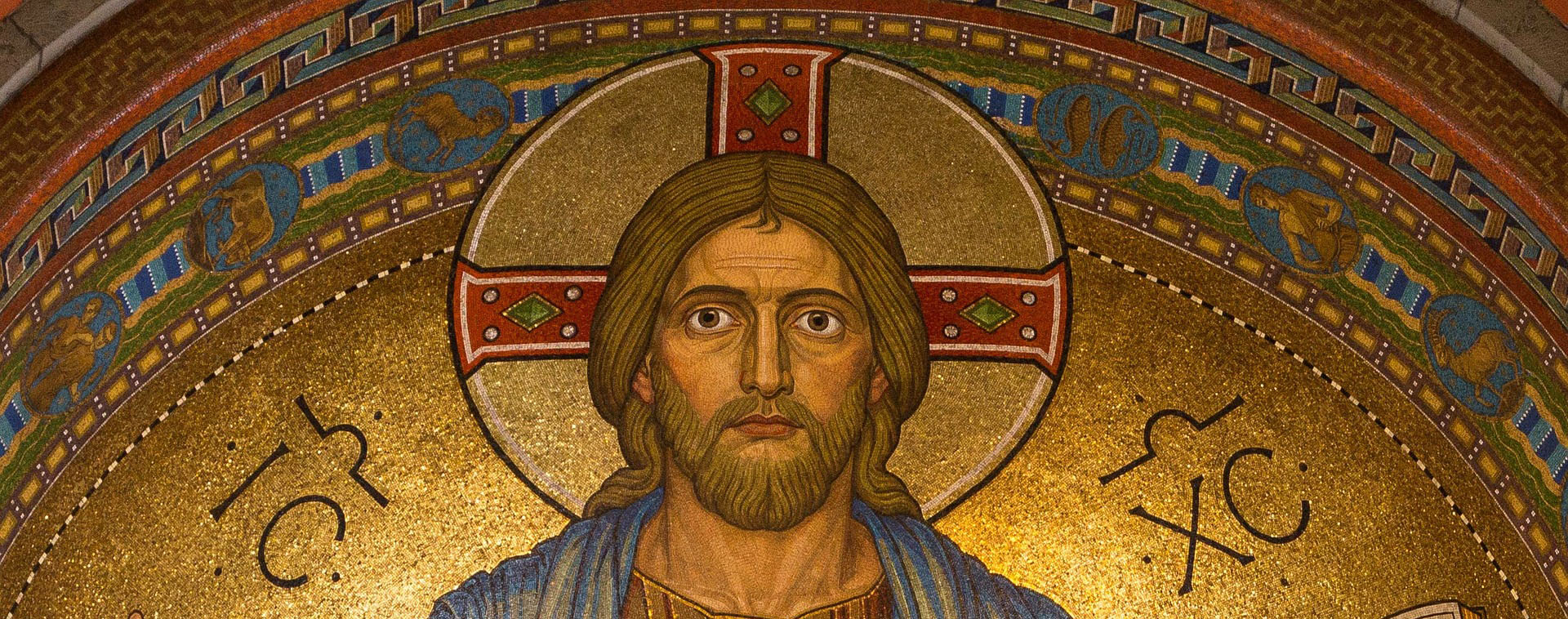The preaching of the Apostles was very successful, but Christians began to be persecuted. And the first three centuries of the spread of Christianity are a time of persecution and martyrdom for Christ. While Jews were allowed to practice their religion, Christians were forbidden to do so. The apostles, when they came to a town, went first to preach in the local synagogue. Christians were considered a Jewish sect, and were persecuted from synagogues as well.
Historians have identified at least four reasons for the persecution of Christians:
- the Christians did not regard the king as a god and did not participate in royal cults, which put them in opposition to the existing government. Refusal to offer sacrifices to the king was considered a violation of the laws of the Roman Empire. The Jews were permitted not to participate in these cults because their religion was ancient and practiced by an entire people. Christians did not have this.
- Christians were accused of crimes: debauchery, misanthropy, Oedipal mingling, baby-killing, etc.
- From the point of view of the state, Christianity was considered an unauthorized religion.
4 Christians were accused of being godless because they did not participate in common pagan cults.
History of Christianity since the fourth century
The fourth century was a turning point in the history of Christianity. Under Emperor Constantine the Great Christianity became a permitted religion through the Edict of Milan in 313. Under Constantine, the First Ecumenical Council of Nicaea was held, at which the Creed (a brief statement of the dogmas) was formulated, for by that time there were already many trends in Christianity. In the 4th century, the Christian Church struggled with Arianism. The same century also saw the formation of monasticism.
During the reign of Julian (361-363) the persecution of Christians was renewed. For this he was nicknamed “the Apostate.” Christianity spread very quickly throughout the Roman Empire and soon became the dominant religion.
In the 5th century there was a major schism in the Church; the Fourth Ecumenical Council at Chalcedon was not accepted by some of the Churches. These Churches became known as the Churches of Dochalcedon .
Throughout the first millennium a number of Ecumenical Councils took place in the Church, at which the dogmatic and canonical teaching of the Christian Church was shaped more clearly.
Translated with www.DeepL.com/Translator (free version)
